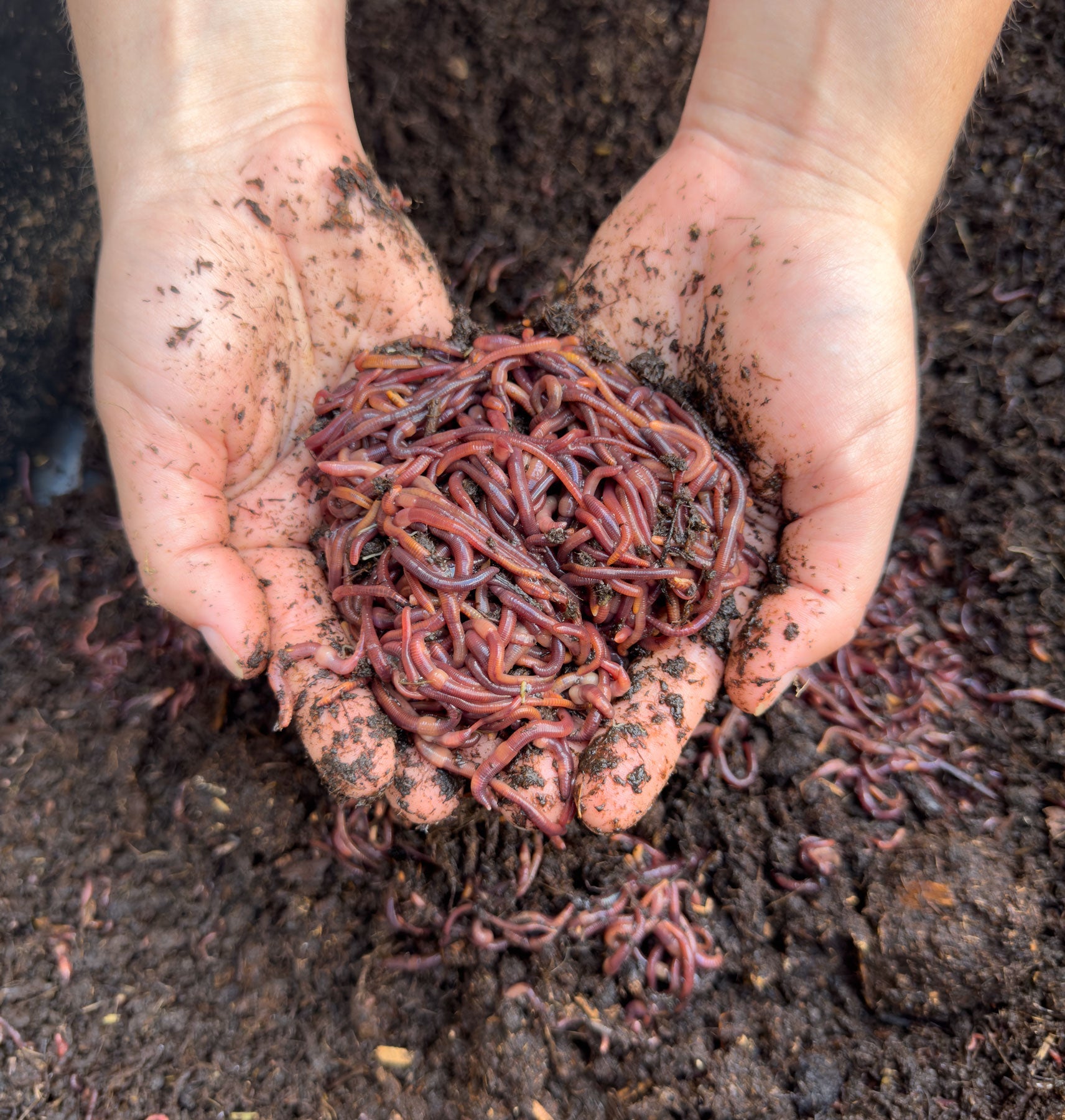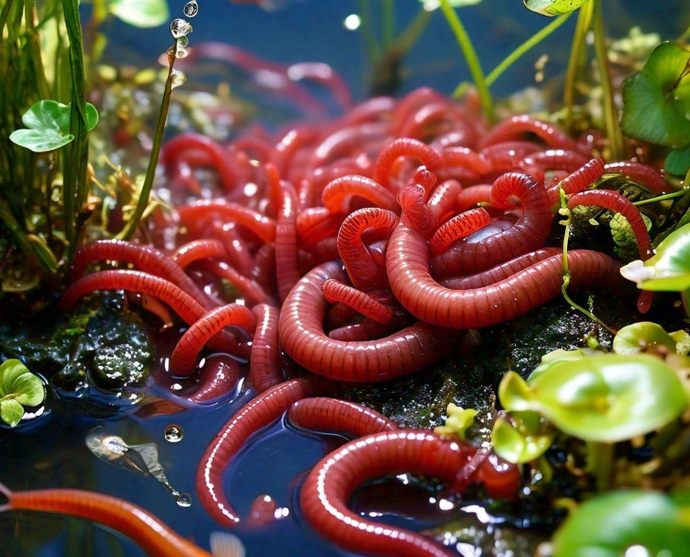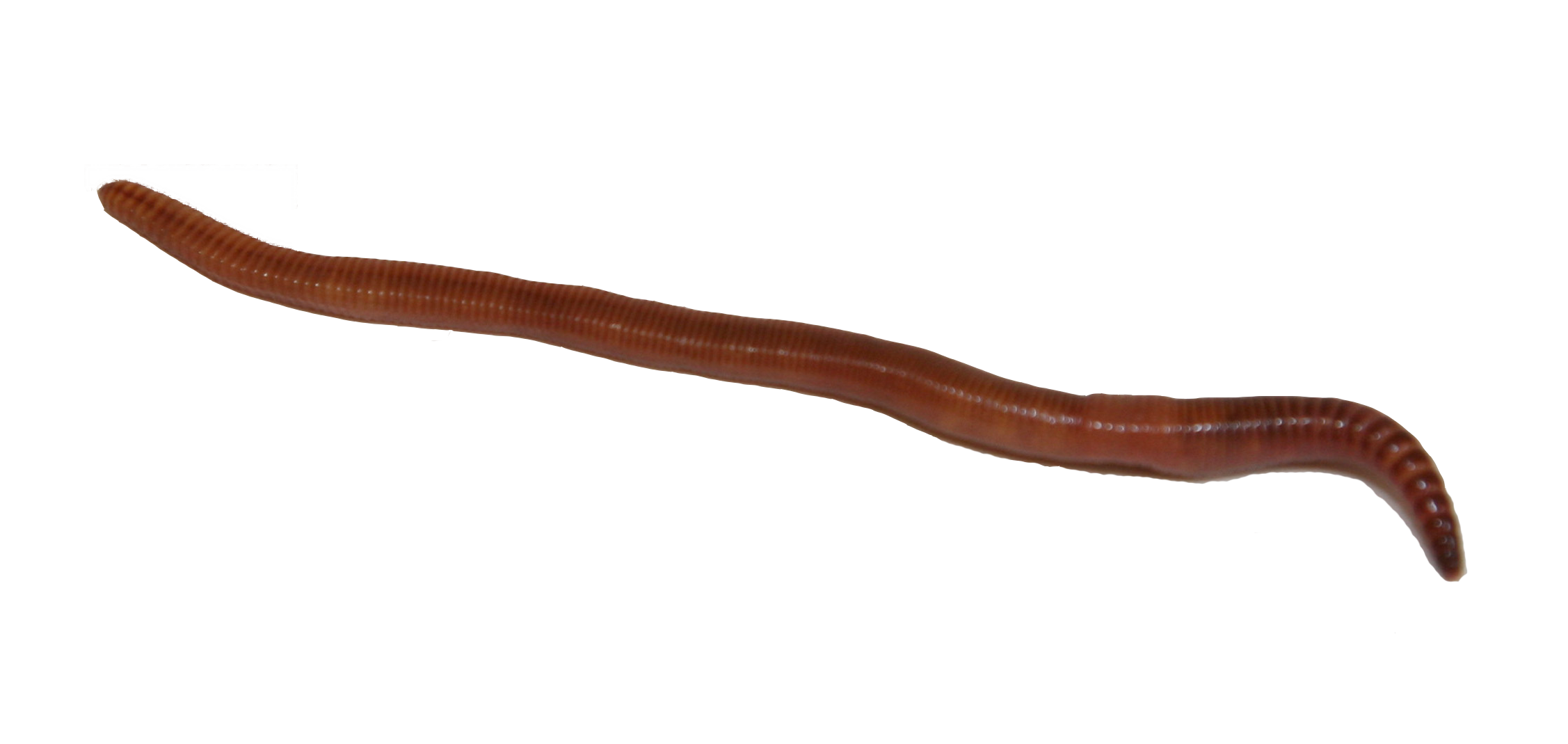Nutrient-packed red worms: The secret to healthier soil
Why Red Wigglers Are Necessary for Chemical-free Farming
Red wigglers play a pivotal duty in organic farming, mostly through their unique ability to break down organic materials and improve dirt wellness. The extent of their impact on agricultural techniques and soil biology increases fascinating questions concerning the future of organic farming.
Function of Red Wigglers in Soil Health And Wellness

Additionally, red wigglers enhance soil framework by creating channels as they burrow. These channels boost oygenation and water seepage, promoting a much healthier root atmosphere. Their task also helps in maintaining optimum dampness degrees, which is critical for healthy plant development.

Benefits of Worm Spreadings
Worm castings, the nutrient-rich excrement produced by red wigglers, work as an effective modification for chemical-free farming. These castings are abundant with vital nutrients such as nitrogen, phosphorus, and potassium, which are vital for plant development. Unlike artificial plant foods, worm castings launch nutrients slowly, giving a constant supply gradually and lowering the danger of nutrient leaching and overflow.
Additionally, worm castings enhance soil framework and oygenation, promoting much healthier origin systems. Their high raw material content enhances wetness retention, making it possible for plants to much better withstand dry spell conditions. In addition, worm castings include advantageous microbes that sustain plant health and wellness by subduing microorganisms and enhancing nutrition uptake.
The application of worm spreadings can bring about boosted plant yields and improved high quality of fruit and vegetables, making them an indispensable resource for organic farmers. Their use also straightens with lasting farming techniques, adding to dirt fertility without the unfavorable environmental influences associated with chemical fertilizers. Generally, the incorporation of worm spreadings into farming methods fosters a much more resilient and efficient ecosystem, emphasizing the relevance of red wigglers in natural farming systems.

Enhancing Nutrient Cycling
(red worms for composting)Nutrient biking is a critical process in organic farming, and the combination of red wigglers plays an essential role in improving this cycle. As red wigglers consume rotting organic issue, they secrete nutrient-rich spreadings, which are teeming with beneficial microorganisms.
In addition, red wigglers help to increase the mineralization of nutrients, transforming them from inert forms right into bioavailable forms that plants can soak up. This procedure is important for preserving dirt fertility and advertising healthy and balanced crop growth. The existence of red wigglers likewise motivates a varied dirt ecosystem, promoting an equilibrium of nutrients that supports various plant types.
Improving Dirt Framework
The improvement of soil structure is crucial for promoting a healthy and balanced farming environment, and the task of red wigglers significantly adds to this improvement. These earthworms play a vital duty in aerating the soil and developing a network of channels that facilitate water infiltration and root penetration. As they burrow via the dirt, red wigglers break up compressed layers, enabling better oxygen exchange and promoting microbial activity.
Moreover, the raw material generated from their waste, understood as vermicast, enhances soil gathering. This procedure develops steady globs of soil fragments, improving dirt porosity and reducing disintegration (red wigglers). The presence of red wigglers additionally urges the growth of beneficial fungal networks, which are essential for nutrient uptake by plants
Promoting Sustainable Practices
Incorporating red wigglers into natural farming techniques article source not just improves soil health but also advertises lasting farming techniques. These earthworms play an essential duty in nutrient biking, transforming natural waste right into important garden compost that enhances the dirt. By making use of red wigglers, farmers can efficiently decrease reliance on artificial plant foods, thereby reducing chemical drainage and its destructive results on ecological communities.
Furthermore, the unification of red wigglers encourages the method of recycling natural products, such as kitchen area scraps and farm waste. This waste reduction technique not only lowers disposal costs however likewise fosters a closed-loop system where nutrients are constantly returned to the dirt (red wigglers). Such practices are essential in minimizing climate adjustment, as they improve carbon sequestration and reduce greenhouse gas discharges
Additionally, red wigglers boost water retention in the dirt, which is critical in times of drought. Their burrowing activities create channels that enable water to permeate deeper into the ground, hence promoting efficient water use. Inevitably, integrating red wigglers into organic farming not only sustains biodiversity however additionally straightens with the principles of sustainable farming, supplying a holistic strategy to food manufacturing.
Final Thought
In final thought, red wigglers play an important role in organic farming by dramatically boosting soil health and wellness and fertility. Therefore, the integration of red wigglers right into agricultural techniques is essential for promoting sustainability and boosting total dirt top quality.